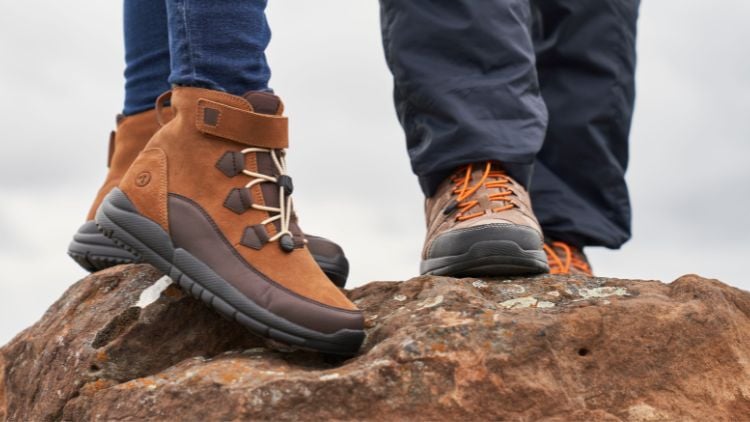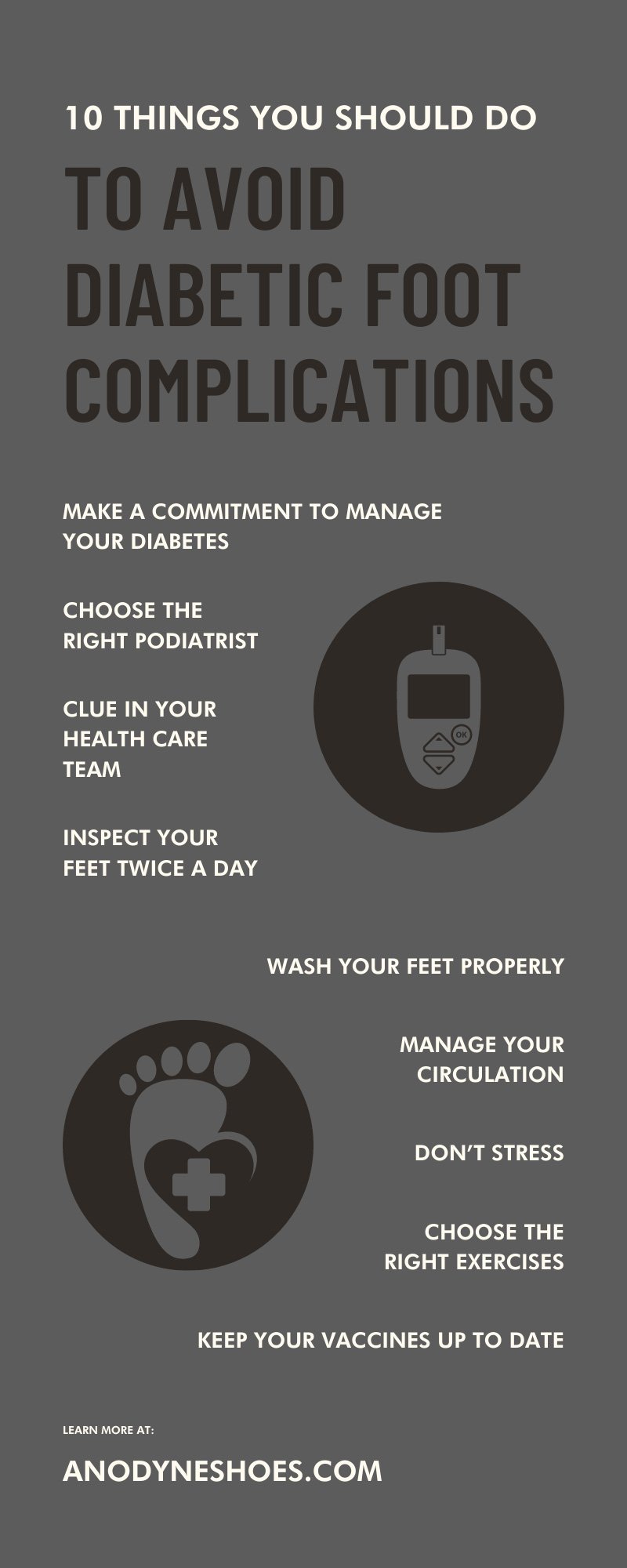
Diabetes can throw you some unexpected challenges and it can be a lot to juggle all the lifestyle changes you must make. Because there are many health complications that can occur with your feet if you have diabetes, it’s important to be mindful and take care of them. You can get infections in your feet, as well as corns, callouses, and even blisters.
Furthermore, people with diabetes tend to heal slower than people who don’t, so they must take steps to ensure that they take care of their feet. If you want to learn more about what you should do to avoid diabetic foot complications, read about it here.
Make a Commitment To Manage Your Diabetes
Managing your diabetes is a serious commitment that only you can make. No one’s saying that it won’t be a lot of work—it most certainly will (worth it though!)—but the first step is actively deciding to do what you need to do to keep yourself healthy.
You don’t even need to do everything at once. Pick one area of your life, and commit to changing it. Start slow. For instance, if you want to eat healthily, replace one unhealthy, high-calorie item from your plate with some form of greens. Alternatively, you can lower your portion size or do both.
Regardless, the commitment to change, especially regarding your foot health or otherwise, is an important first step in determining how well you’ll take care of yourself in the long run.
Choose the Right Podiatrist
If you want to take better care of your feet, you must choose the podiatrist. There are many things to consider when looking for the right doctor. You want to ensure you get a board-certified doctor who is affiliated with local hospitals. You should pay special attention to podiatrists who train other podiatrists when they aren’t treating patients.
Make sure you read reviews from previous patients online. You also want to ensure that the podiatrist is equipped with the latest diagnostic tools on the market and has everything they need to diagnose your feet properly. If you watch out for these things, you can bet you’ll be in good hands.
Clue In Your Health Care Team
Your health-care team needs to all be updated and on the same page with your medical condition(s). They should all know about your diagnosis and what changes you might have made with your diet, exercise, and blood management protocol.
It’s important to clue in your health care team because for example, a medication that one practitioner may prescribe you may have adverse effects on your diabetes, so you should immediately inform your entire health-care team about the changes you’ve made.
Inspect Your Feet Twice a Day
You should inspect your feet twice daily if you have diabetes and want to take care of your feet. Check them once in the morning and once in the evening. In the morning, you can determine if you bumped one of your feet or hurt one the night before. In the evening, you’ll want to inspect your feet to see if you injured them at some point during the day.
You might also inspect your feet if you suspect you stepped on something. We say “suspect” because people with diabetes tend to struggle with diabetic neuropathy, which can cause numbness in the feet. You can never check your feet too many times if you have diabetes, but at minimum, check them twice daily.
Wear the Appropriate Footwear
Getting diabetic shoes and socks is important when managing diabetes. You should never wear regular shoes and socks, as they can sometimes cut off circulation or cause corns on your heels or other pressure points in your feet. Diabetic shoes help keep your feet feel comfortable and protected. They’re generally reinforced and last a long time.
Depending on your insurance, you could get a pair of shoes and inserts for free, so check with your insurance provider. They are generally well made with minimal seams and soft lining to help prevent rubbing, have adequate space for inserts, and a wide toe box. These features are important because one of the top causes of corn and callouses is friction due to cramped shoes.
Wash Your Feet Properly
Make sure you bathe your feet gently in warm water every day. However, don’t soak them. Instead, get between your toes along the front and bottom of your foot, especially at the heel area. When you’re finished, put lotion on your feet, but don’t put the lotion between your toes, or that moisture could cause a fungal infection. Make sure your feet are completely dry before applying lotion to them.
Manage Your Circulation
We mentioned diabetic neuropathy briefly, but it’s important to understand what it is and how you can help manage it. Diabetic neuropathy is a condition characterized by shooting pain in the feet, along with tingling and numbness. It’s caused by high blood sugar, which causes nerve damage. It can’t be cured once it’s in effect, only treated.
The best way you can prevent diabetic neuropathy is to manage your blood sugar and watch your circulation. As we stressed earlier, this means wearing the right footwear, ensuring you do the proper exercises, and incorporating a healthy diet. You should also stay away from salty foods. When you’ve been on your feet—whether you just got done exercising or not—one of the first things you need to do is kick your feet up and take pressure off of them. Trust us; your feet will thank you.
Choose the Right Exercises
Choosing the right exercises is incredibly important when we discuss the top things you should do to avoid diabetic foot complications. There are many exercises you can perform that won’t affect your feet at all or are very low impact. Walking is the best choice, while running can hurt your feet if there is too much pressure. Swimming and moving meditation are other excellent exercises because both are gentle on your feet.
Keep Your Vaccines Up to Date
Diabetes can increase your chances of getting certain illnesses. Some of these illnesses can affect your feet. Getting your vaccines is a perfect way to mitigate this problem, so ensure you have your flu, pneumonia, and Hepatitis B vaccines. These will boost your immune system, making you far less likely to contract these illnesses.
Don’t Stress
The last thing you want to do when you have diabetes is raise your blood pressure. Raising your blood pressure increases your blood sugar and puts you at risk for peripheral neuropathy. Because of this, we recommend a meditative regimen or some breathwork to stay calm. You won’t have to deal with diabetic neuropathy—and foot pain—if your sugar levels aren’t consistently high. Learn to leverage the power of calm for your health and well-being.
These are just a few ways to take care of your feet with diabetes. If you want to get diabetic footwear, why not shop at Anodyne? We have all the footwear you could need, so look at what we offer!


.png?width=116&name=Anodyne_circle_1_logo%20(2).png)
